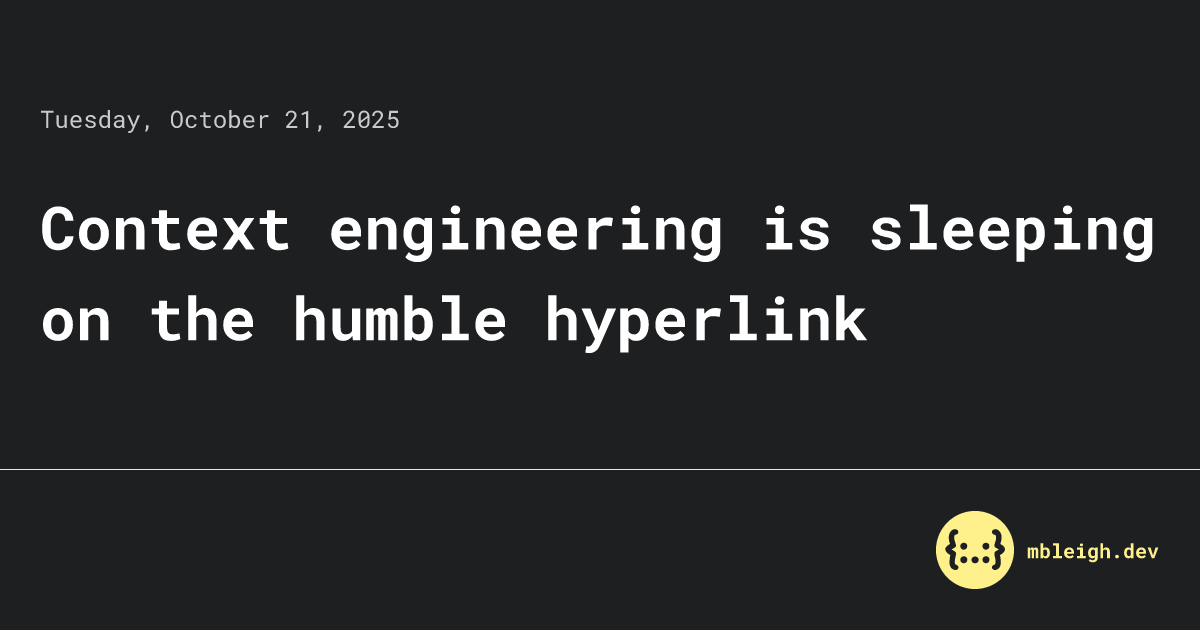Abstract
A diagnostic set examines and categorizes reasoning rigidity in large language models, identifying patterns where models ignore instructions and default to familiar reasoning.
Large language models have demonstrated remarkable proficiency in long and complex reasoning tasks. However, they frequently exhibit a problematic reliance on familiar reasoning patterns, a phenomenon we term reasoning rigidity. Despite explicit instructions from users, these models often override clearly stated conditions and default to habitual reasoning trajectories, leading to incorrect conclusions. This behavior presents significant challenges, particularly in domains such as mathematics and logic puzzle, where precise adherence to specified constraints is critical. To systematically investigate reasoning rigidity, a behavior largely unexplored in prior work, we introduce a expert-curated diagnostic set, . Our dataset includes specially modified variants of existing mathematical benchmarks, namely AIME and MATH500, as well as well-known puzzles deliberately redesigned to require deviation from familiar reasoning strategies. Using this dataset, we identify recurring contamination patterns that occur when models default to ingrained reasoning. Specifically, we categorize this contamination into three distinctive modes: (i) Interpretation Overload, (ii) Input Distrust, and (iii) Partial Instruction Attention, each causing models to ignore or distort provided instructions. We publicly release our diagnostic set to facilitate future research on mitigating reasoning rigidity in language models.
Models citing this paper 0
No model linking this paper
Cite arxiv.org/abs/2505.17225 in a model README.md to link it from this page.
Datasets citing this paper 0
No dataset linking this paper
Cite arxiv.org/abs/2505.17225 in a dataset README.md to link it from this page.
Spaces citing this paper 0
No Space linking this paper
Cite arxiv.org/abs/2505.17225 in a Space README.md to link it from this page.
.png)




